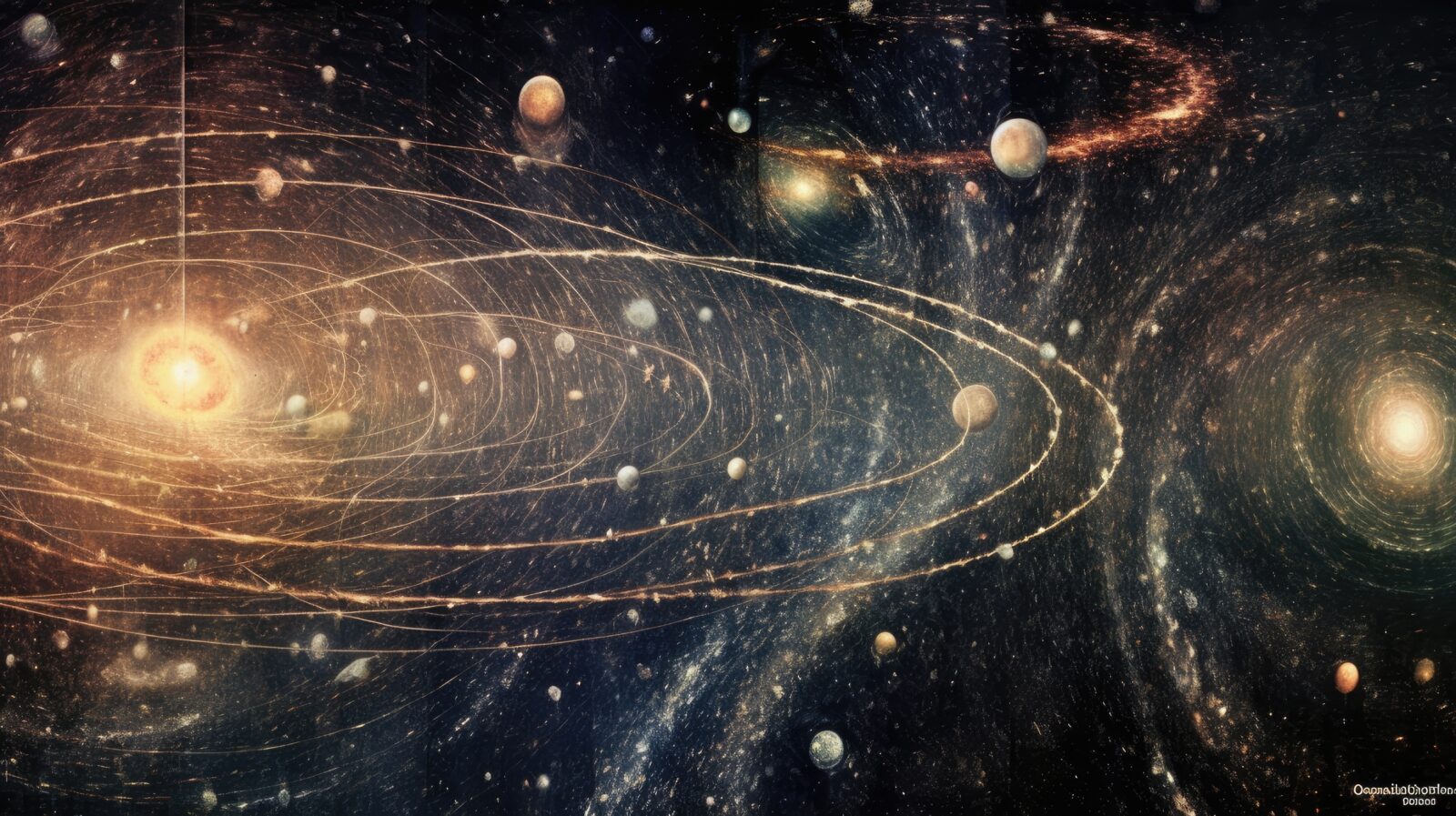


Kepler’s Pursuit of a Mathematical Cosmology

The Gollum Effect in Science, from Tycho Brahe to Today
On this ID the Future, host Andrew McDiarmid sits down with historian and philosopher of science Michael Keas to discuss a recent article at Times Higher Education, “My Precious! How Academia’s Gollums Guard Their Research Fields.” The article looks at how scientific progress is being impeded by a culture in which scientists jealously guard their research instead of sharing it. Keas says the problem seems to have gotten worse in recent years but isn’t a new one. He illustrates with the story of Tycho Brahe and Johannes Kepler. Brahe, a sixteenth-century Danish astronomer, sat on his astronomical research for years, rather than sharing it with Johannes Kepler, his assistant. Kepler only got hold of it when Brahe died unexpectedly shortly after a banquet. The rumor began that perhaps Brahe had been poisoned to free up access to his research, data that eventually allowed Kepler to make his revolutionary breakthrough, his three laws of planetary motion that cinched the case for a sun-centered model of the universe. Keas goes on from there to explain what a later autopsy revealed about Brahe’s cause of death. Then he discusses some modern-day power plays involving evolutionists jealously guarding the Darwinian paradigm against those who would challenge it. Finally, Keas enumerates some of the virtues that can help further the progress of science, including generosity and a humble willingness to listen to criticism. For more surprising facts in the history of science, check out Keas’ recent book, Unbelievable: 7 Myths About the History and Future of Science and Religion.
Unbelievable: Galileo Proved the Church’s Irrational Opposition to Science
On this episode of ID the Future, Andrew McDiarmid interviews science historian and author Michael Keas about Keas’ new ISI book Unbelievable: 7 Myths About the History and Future of Science and Religion. The myth this time is that the Church tortured Galileo for opposing official teachings on the structure of what we now call the solar system.
Read More ›